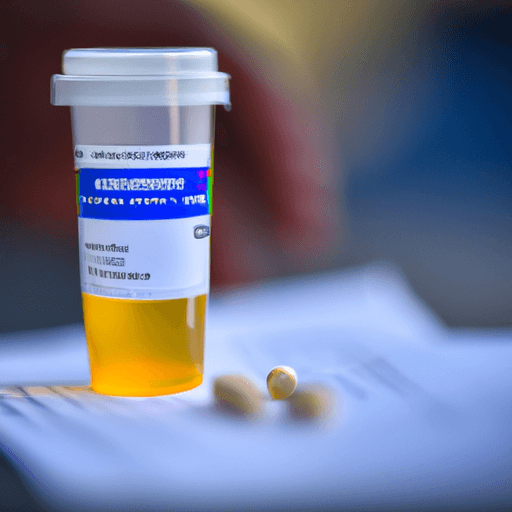Exploring the Ethical Implications of Performance-Enhancing Drugs in Professional Sports
Performance-enhancing drugs (PEDs) have been a controversial topic in the world of professional sports for decades. While athletes and coaches have long debated their use, the ethical implications of using PEDs in professional sports have become increasingly complex. In this article, we will explore the history of PEDs, the controversial debate among athletes and coaches, and potential solutions to the problem.
A Brief History of Performance-Enhancing Drugs
The use of performance-enhancing drugs in professional sports dates back to the early 20th century. During this time, athletes sought to gain an edge over their competitors by taking substances such as caffeine, cocaine, and amphetamines. Over the years, the use of PEDs has become increasingly sophisticated, with athletes now taking steroids, human growth hormone, and other drugs to increase their performance. Despite efforts to crack down on PEDs, they continue to be used by athletes in professional sports.
The Controversial Debate Among Athletes and Coaches
The use of PEDs in professional sports is highly controversial. Some athletes argue that they should be allowed to use PEDs in order to gain a competitive edge and improve their performance. Others argue that the use of PEDs is unethical and dangerous, as it can lead to long-term health problems and can give athletes an unfair advantage over their opponents. Coaches, too, have differing opinions on the matter. Some argue that PEDs should be allowed so that athletes can stay competitive in their sport, while others argue that PEDs should be banned in order to promote fair competition.
Potential Solutions to the Problem
In order to address the ethical implications of PEDs in professional sports, it is important to consider potential solutions. One potential solution is to create a more stringent testing system for athletes. This would involve more frequent and comprehensive testing, as well as harsher penalties for athletes who are found to be using PEDs. Another potential solution is to move away from the “win-at-all-costs” mentality and focus more on the development of athletes as people, rather than as competitors. By doing so, athletes may be less likely to use PEDs in order to gain a competitive edge.
Overall, the use of PEDs in professional sports is a complex issue with no easy answers. It is important to consider the perspectives of both sides of the argument and to look for potential solutions that can promote fair competition and athlete safety. By doing so, we can ensure that professional sports remain a safe and ethical environment for athletes, coaches, and fans alike.

















Comments
Leave a Comment